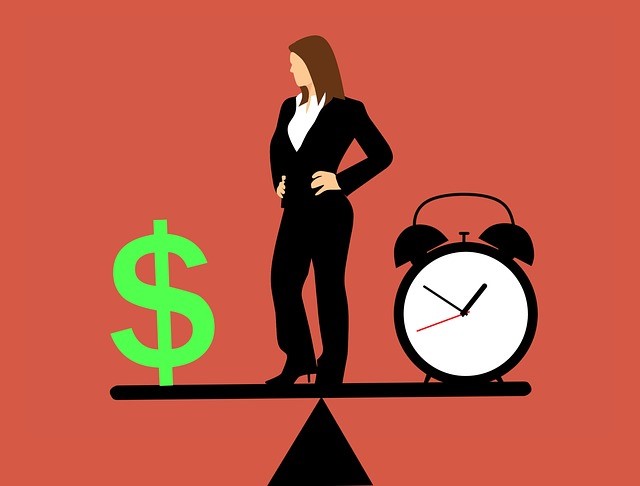Key takeaways
- Two-thirds of students who just graduated college have student debt.
- Students must begin making payments on their debt six months after graduation.
- Know all of your expenses and create a budget.
- Most important thing is to remember to save first, spend later.
Recently, I saw the student debt number again. It’s somewhere around $1.52 trillion—an unbelievable increase from the 2006 number of $200 billion. There’s no denying it’s a real horror, right now. On top of that huge number, we know that two-thirds of students who just graduated from college or university, and are seeking jobs, have student debt.

Why is that important?
It’s important because the student loan service provider will soon send each of them a notification that they must begin making payments in six months. So, if you’ve just graduated and also have student debt, it’s really important to be aware of this. When you go out into the world to find a job, knowing you’ll have that monthly expense will impact everything else.
Looking at the bigger picture
Let’s pull back and take a look at the bigger picture here. You need to get to know all of your expenses. If you don’t know what your expenses are, you can’t create a (and I’m going to use that bad word) budget.

Without a budget, you won’t know exactly what you can afford for housing, transportation, food, and everything else that costs money.
I’m going to back up even further. The most important thing to do is to save first and spend second. You may ask, “Well, why is that?” It’s because the majority of people who end up being successful with wealth do this one thing: save first, spend second.
A good rule of thumb for saving first and spending second is to take 15 percent off the top of each paycheck and put it in savings. So let’s say it’s the end of August and you’re about to start a job that pays a $40,000 salary. You’ve got to take $6,000 off the top and save it.
Of course there are emergency funds and 401(k)s and many other things that require you to save some of your money, but just start with the 15% off the top of your annual salary.
$40,000 Salary
$6,000 Savings of 15% off the top
$34,000 Service student debt & pay other expenses
Save 15% first and you’ll then have the rest to cover living expenses and make the monthly payments on your student debt. Remember, you have to begin repaying your debt six months after graduation; and you have to do it for 10 years! Then you have to pay for housing, transportation, and all those other things.

Knowing all of your expenses determines where you live, who you do or do not move in with, or whether you stay at home for a while. It also determines the type of transportation you’ll have, how you set up and plan your vacations and other entertainment, and what you can afford to pay for all the other needs in your life.
This is extremely important, but it’s different than it is when you’re in school where you may only plan two weeks out. You’ve got to look ahead for a year or so, because, for one, you sign a lease for a year. And, you’ve got that 10 year payment obligation that you may not have realized you signed on when you took out the loans.
These things are a given. You have to do them, no matter what, so be smart and get it done up front. Take a look at all your expenses and put a budget together. Make sure you set aside money to save, first. You won’t go wrong by doing it that way. You’ll get your student debt paid off and enjoy your life as you launch off into a new way of living. Until next time, enjoy.
If you want to learn more about student debt and how to handle it, here are a few other posts I’ve done:
Student Debt – Consolidate or Not?
Copyright © 2019 Protinus. All rights reserved.

